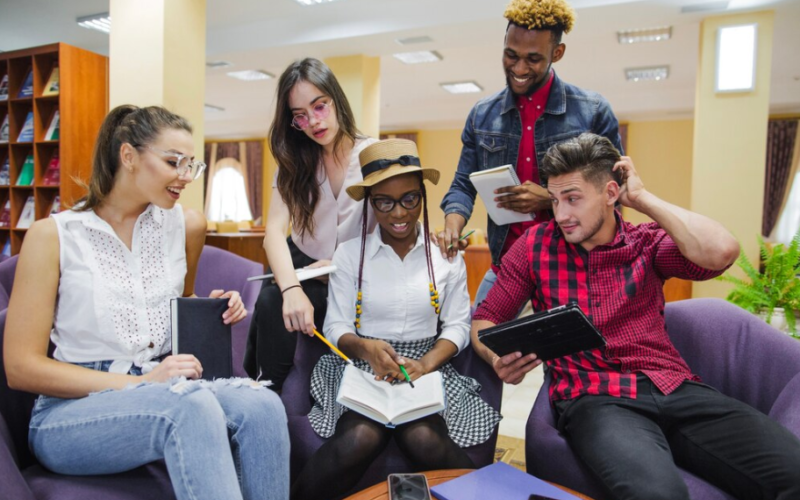The New York City Police Department (NYPD) has long recognized the importance of engaging with young people to foster a safe and secure environment for all. Through various youth education initiatives, the NYPD aims not only to educate children about law enforcement but also to instill essential values such as respect, responsibility, and community engagement. These initiatives play a crucial role in shaping the next generation, providing them with the tools and knowledge necessary for success while fostering positive relationships between youth and law enforcement.
Building Trust Through Education
One of the core goals of the NYPD youth education programs is to build trust between police officers and the communities they serve. By actively engaging with students, officers can dispel myths and misconceptions about law enforcement. Programs such as the NYPD School Safety Division focus on creating a supportive atmosphere in schools, where officers serve as mentors rather than enforcers. This approach helps young people feel comfortable approaching police officers, encouraging open dialogue and fostering mutual respect.
Innovative Programs
The NYPD has launched several innovative programs aimed at youth education. Among them is the NYPD Cadet Corps, a program that allows high school students to explore careers in law enforcement while developing leadership skills and civic responsibility. Participants engage in a variety of activities, including physical training, community service, and hands-on learning about the responsibilities of police work. This program not only prepares students for potential careers in law enforcement but also cultivates a sense of pride and duty towards their community.
Another notable initiative is the NYPD Youth Police Academy, where young people aged 14 to 18 participate in a comprehensive, hands-on curriculum. This program includes classroom instruction on topics such as the law, ethics, and community policing, along with practical experiences like physical fitness training and visits to police facilities. By participating in these activities, students gain a deeper understanding of the challenges and responsibilities faced by police officers, equipping them with the knowledge needed to make informed decisions and contribute positively to society.
The Role of Mentorship
Mentorship plays a pivotal role in the success of NYPD youth education initiatives. Officers serve not only as instructors but also as role models for the young participants. Through mentorship, officers can share their personal experiences and insights, helping students navigate challenges in their lives. This one-on-one connection fosters a sense of belonging and community, encouraging young people to aspire to achieve their goals and make positive choices.
Moreover, these mentorship relationships extend beyond the classroom. Officers often engage with youth in community events, sports programs, and recreational activities. These interactions provide opportunities for informal learning and relationship-building, reinforcing the idea that police officers are allies in their lives rather than adversaries.
Community Engagement and Collaboration
The NYPD understands that empowering youth requires collaboration with families, schools, and community organizations. By working together, these stakeholders can create a supportive network that addresses the diverse needs of young people. Initiatives such as the NYPD Community Affairs Bureau actively engage with neighborhoods to develop programs tailored to specific community needs, ensuring that youth education efforts are relevant and impactful.
For instance, partnerships with local schools and community centers have resulted in workshops on conflict resolution, drug awareness, and safety measures. These programs equip young people with essential life skills, enabling them to navigate challenges effectively while promoting a culture of peace and understanding within their communities.
The Impact of NYPD Youth Education Initiatives
The impact of NYPD youth education initiatives can be seen in the growing relationships between young people and law enforcement. As these programs continue to evolve, they not only empower the next generation but also contribute to the overall safety and well-being of New York City. By fostering trust, encouraging open communication, and providing educational opportunities, the NYPD plays a vital role in shaping a brighter future for the city’s youth.
In conclusion, the NYPD’s commitment to youth education is essential for building a more informed, responsible, and engaged generation. Through mentorship, innovative programs, and community collaboration, the department empowers young people, instilling values that will last a lifetime. As the NYPD continues to invest in the next generation, it lays the groundwork for a safer, more harmonious society for all.
